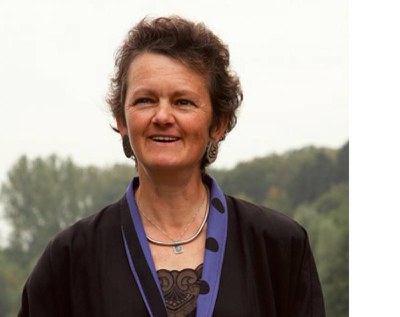Prof. Dr. Claudia Pahl-Wostl
Professor for Resources Management
Claudia Pahl-Wostl is professor for resources management and director of the Institute for Environmental Systems Research at the University of Osnabrück, Germany, and co-chair of the Global Water System Project (www.gwsp.org). Her major research interests are adaptive, multi-level governance and management of water resources, social and societal learning and their role in sustainability transformations, and conceptual and methodological frameworks to analyze social-ecological systems. She is (co)author of numerous papers in peer-reviewed journals, chapters in edited books, policy briefs and popular reports. Her emphasis on interdisciplinary and community-building work is reflected in her role as editor of three books and twelve special issues in peer reviewed journals.
Selected Publications
- Pahl-Wostl, C. and Knieper, C. 2014. The capacity of water governance to deal with the climate change adaptation challenge: using fuzzy set Qualitative Comparative Analysis to distinguish between polycentric, fragmented and centralized regimes. Global Environmental Change, 29: 139-154.
- Pahl-Wostl, C., Becker, G., Sendzimir,J., and Knieper, C. 2013. How Multilevel Societal Learning Processes Facilitate Transformative Change: A Comparative Case Study Analysis on Flood Management. Ecology and Society, 18 (4): 58. [online] URL: http://www.ecologyandsociety.org/vol18/iss4/art58
- Pahl-Wostl, C., Lebel, L., Knieper,C. and Nikitina, E. 2012. From simplistic panaceas to mastering complexity: Towards adaptive governance in river basins. Environmental Science and Policy, 23:24-34.
- Pahl-Wostl, C., Holtz, G., Kastens, B., Knieper, C. 2010. Analysing complex water governance regimes: The Management and Transition Framework. Environmental Science & Policy, 13: 571-581.
- Pahl-Wostl. C. 2009. A conceptual framework for analysing adaptive capacity and multi-level learning processes in resource governance regimes. Global Environmental Change, 19: 354-365.

